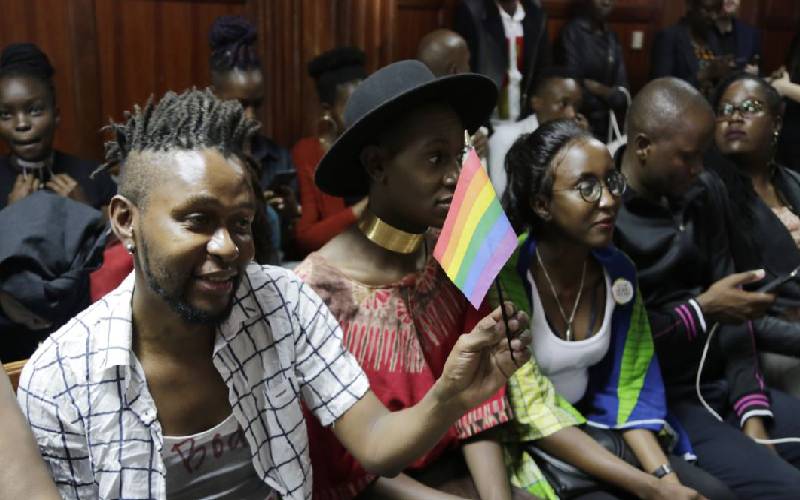×
The Standard e-Paper
Join Thousands Daily

Appeal court upholds decision allowing gays and lesbians to form a non-governmental organisation. [Photo, Courtesy]
When a five-judge bench in the Court of Appeal sat to determine a contentious question on whether homosexuals can be allowed to form their own organization, they did not agree with each other.